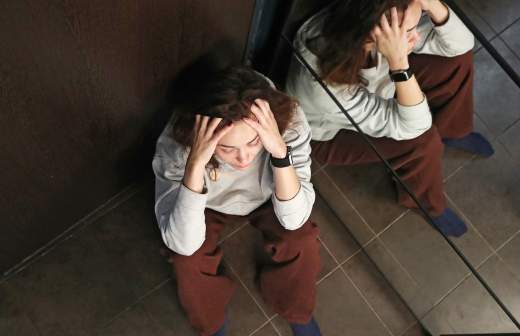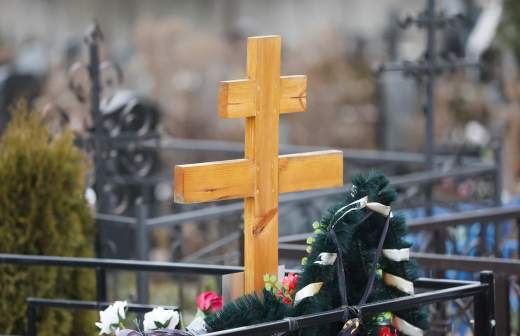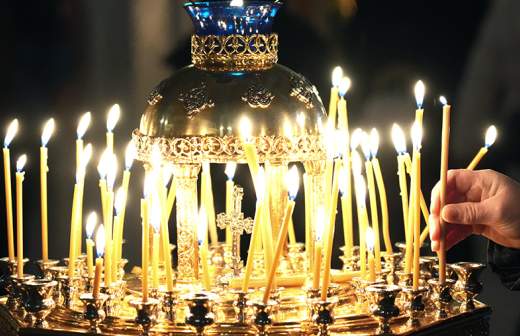A special day of Maslenitsa has arrived: Russian omens, strict folk prohibitions
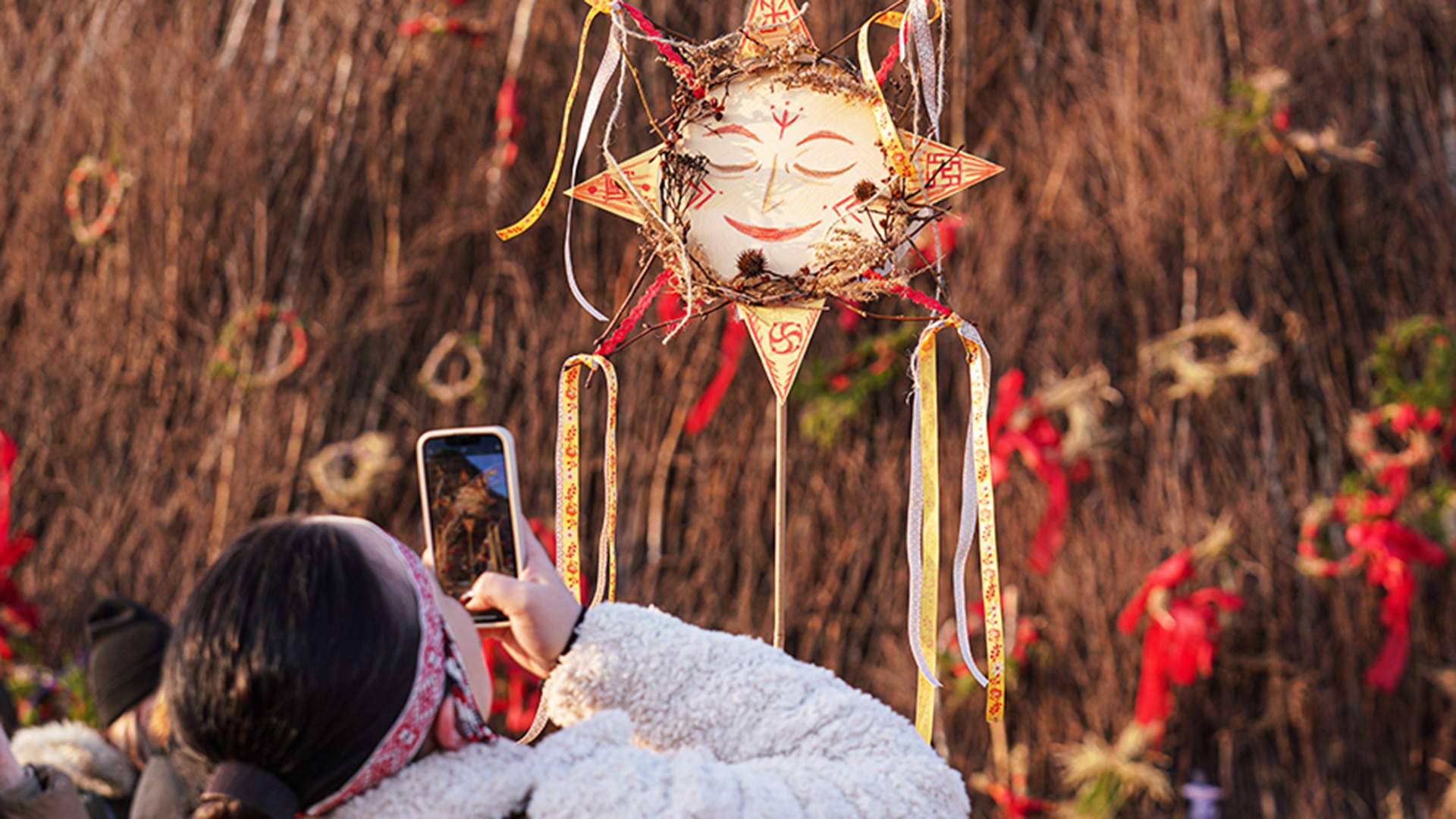
February 28 is the fifth day of Shrovetide Week — Mother-in-law's evenings
Maslenitsa is one of the most ancient and joyful holidays celebrated in Russia and a number of other countries that have preserved the traditions of East Slavic culture. The origins of Maslenitsa go back to pagan times, when it was associated with the cult of the sun and the sending off of winter.
With the adoption of Christianity, Maslenitsa entered the church calendar as Meat Week, the last week before Lent. During this period, the consumption of meat is prohibited, but dairy products, butter, cheese and, of course, pancakes, which have become the main symbol of the holiday, are allowed.
However, pancakes were not always considered a mandatory treat on Shrovetide. In ancient times, this status belonged to pies. There is an assumption that even in the pagan era, round cakes appeared, representing the solar circle. In an interview with Izvestia, the General Director of Krug CJSC (Tyrolsky brand) told about this. Igor Grigoriev.
— According to beliefs, the products symbolized the richness of the harvest, the warmth of the hearth and the happiness of the family. During the celebration of Shrovetide Week, the housewives organized peculiar competitions in the art of baking, using a variety of available fillings: honey, nuts, berries and apples, the expert said.
Cheese Week is another name for Maslenitsa, Grigoriev reminded. Throughout the week, meals prepared using milk and dairy products are mainly consumed. Pies with cottage cheese filling can have different shapes and recipes, but they are all considered satisfying and nutritious.
In the old days, when winter was coming to an end, food supplies became scarce. Cottage cheese was one of the products that helped to survive to the first green and maintain strength before the start of spring work.
Nowadays, Maslenitsa is celebrated in Russia, Belarus, Ukraine, as well as in countries with large Russian-speaking diasporas such as Canada, the USA, Germany, and others. The celebration may vary from region to region, but the similarities remain.: these are folk festivals, sleigh rides, fairs, burning effigies and pancakes.
Today, Maslenitsa in Russia remains a popular holiday, which is celebrated in towns and villages, and many traditions are preserved, although they are being adapted to modern life. One of the most famous traditions remains the burning of an effigy of Maslenitsa on Forgiven Sunday. It symbolizes saying goodbye to winter and meeting spring. It is believed that all hardships and resentments burn down with fire, and the ashes of the effigy are scattered on the ground so that there is a good harvest. It should be noted that of all the traditions of Maslenitsa, it is the rite of burning an effigy that is considered unacceptable from the point of view of the Orthodox Church.
Folk games have also been preserved: tug of war, skating from ice slides, taking snow towns, bag fights, round dances and fist fights, which once symbolized the struggle of winter and spring. In some regions, they still arrange a traditional Carnival pole, which you need to climb to get a prize. Sledding and horseback riding remain popular, especially in small towns and villages.
Many cities host festivals with theatrical performances, performances by folklore groups, and workshops on folk crafts.
In the church tradition, Forgiven Sunday remains important — the day when it is customary to ask for forgiveness from loved ones for all offenses in order to enter Lent with a pure heart.
Although modern Maslenitsa often turns into a city holiday with mass events, many families still gather together, bake pancakes, visit relatives and follow the tradition of communication and reconciliation before fasting.
Every year, Maslenitsa falls on different dates, since its celebration depends on what time Easter will be celebrated. In 2025, the Orthodox Church will celebrate the Resurrection of Christ on April 20, according to which Maslenitsa Week falls on the period from February 24 to March 2.
Every day of Maslenitsa has its own name and special traditions of celebration. From Monday to Wednesday, Narrow Maslenitsa takes place — the preparatory period for the celebration of Broad Maslenitsa — noisy street festivities that begin on Thursday and end on Sunday, the last day of celebrations.
The fifth day of Maslenitsa, which in 2025 falls on February 28, is called Teschiny Vecherk. It's about the relationship between a son-in-law and a mother-in-law. According to tradition, on this day, married men invited their mother-in-law to visit, treated her to pancakes and showed respect.
What to do on the fifth day of Carnival in 2025
On the Mother-in-law's evenings, the son-in-law had to organize a reception, show his economy and hospitality. This day was a kind of response to the feast on Tuesday, when the son-in-law was a guest of his wife's mother. That is why the sons-in-law prepare a rich table as a sign of respect for the mother-in-law, and she comes to visit and enjoys pleasant company. It was a symbolic ritual designed to strengthen family ties and establish good relations with the spouse's relatives. In the old days, it was believed that if a son-in-law showed generosity and cordiality, then there would be prosperity and well-being in the house.
If the son-in-law was invited to his mother-in-law's house on Tuesday, then it was unacceptable to ignore his mother-in-law's evenings. The mother-in-law must have heard a lot of pleasant words addressed to her. The son-in-law also had to amuse his mother-in-law with ditties and songs.
Today, the traditions of the fifth day of Maslenitsa have changed somewhat. Although modern families no longer follow ancient customs, the holiday itself remains an occasion for warm meetings, friendly feasts and fun festivities. Carnival fairs, folk performances and competitions continue in towns and villages, and family gatherings with pancakes remain an invariable part of the celebration.
If you want to celebrate this day brightly and cheerfully with your family, you can arrange a real home party with traditional treats. Bake pancakes with different fillings — sweet and satisfying, make jam, honey, sour cream, so that everyone can choose what they like. Hot tea from the samovar will help to complement the treat, and if possible, you can light a bonfire in the courtyard and roast pancakes outdoors, creating the atmosphere of an ancient Russian celebration. Spend the evening in friendly conversations, remembering good stories, as well as playing board games or arranging mini-contests.
If Maslenitsa is celebrated in the company of friends, it is not uncommon for young people to go on country trips and to nature. Roller coaster rides, winter fun, pillow fights, tug of war or even fun relay races with pancakes will cheer up and make the holiday truly unforgettable. After an active holiday, you can light a campfire, bake pancakes and have a tea party in the fresh air, enjoying the friendly atmosphere and fun.
If you want to spend this day with your loved one, you can create a cozy romantic atmosphere by cooking pancakes together, choosing unusual fillings or experimenting with the shape and serving. A warm blanket, fragrant tea, candles and sincere conversations will create a special atmosphere of warmth and comfort.
Whichever option is chosen, the main thing is a good mood, a friendly atmosphere and a desire to spend time having fun and usefully, because Maslenitsa is a celebration of farewell to winter, which unites loved ones.
Mother-in-law's evenings: what not to do, omens today, February 28
On the fifth day of Maslenitsa, there were many folk traditions and superstitions related to the relationship between son-in-law and mother-in-law, family well-being and prosperity.
Our ancestors believed that if on the fifth day of Shrovetide a son-in-law invited his mother-in-law to visit and baked pancakes himself, he would be lucky in business, and there would be prosperity in the house. However, if the son-in-law ignored this day and did not treat the mother-in-law, it could be considered a bad omen, promising discord and misunderstanding in the family.
Sometimes the sons-in-law, in response to the treat, gave the mother-in-law a small gift or treated her to something delicious. This was considered a good sign, foreshadowing warm and friendly relations between relatives.
There was a widespread belief among the weather that if it snows on Mother-in-law's evenings, it means that the year will be successful for family endeavors, and if the sun is shining on this day, then the newlyweds in the family will soon receive good news.
The fifth day of Maslenitsa: pictures, gifs, postcards, greetings
During the celebration, folk songs were often performed, which were called carols. They were often humorous, with wishes of prosperity, happiness and well-being. People went from house to house, sang carols and asked for treats — pancakes, pies, butter, honey.
Popular Maslenitsa carols:
"Oh, Maslenitsa-krivosheika,
We'll give you a good welcome!
With cheese, butter and pancakes,
With pies and pork rinds!"
"Broad Carnival has come,
Pancakes, and I brought sour cream!
Give us a pancake,
And don't forget the goodness!"
On Shrovetide, especially on the fifth day, Mother—in-law's evenings, people traditionally wish health, happiness, prosperity, family well-being and fun.
"Today is a special day, mother-in-law,
Our son-in-law should congratulate her!
May there be joy, laughter, and fun,
And there are plenty of pancakes on the table!"

"Pancake after pancake, the table is like a painting,
There is love and cozy power in the house,
Mother-in-law, I wish you joy, light, and a life without worries and sorrows forever!"

"A son-in-law goes to visit his mother-in-law with treats,
Gives a smile, warmth and respect,
May this holiday bring good luck,
Joy, prosperity and happiness will come!"
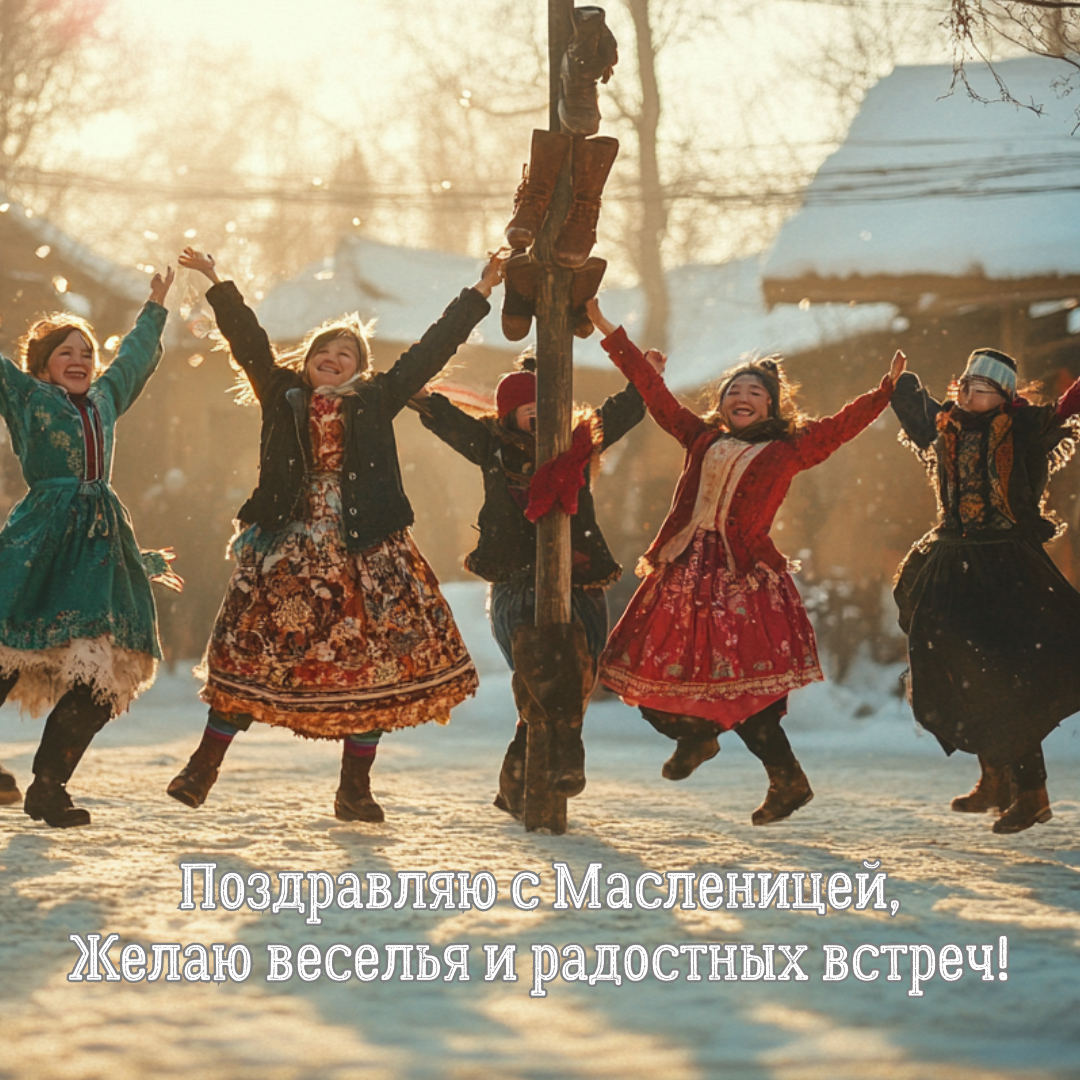
"Congratulations on Shrovetide! May this bright, warm holiday bring joy, well-being and comfort to your home. May there always be a place for fun, good meetings and delicious treats in life. I wish you happiness, good luck and wish fulfillment!"

"Happy broad Carnival! May this holiday fill your soul with light, your home with prosperity, and your heart with joy. May your life be as sweet as honey, as warm as freshly baked pancakes, and as fun as Shrovetide festivities!"
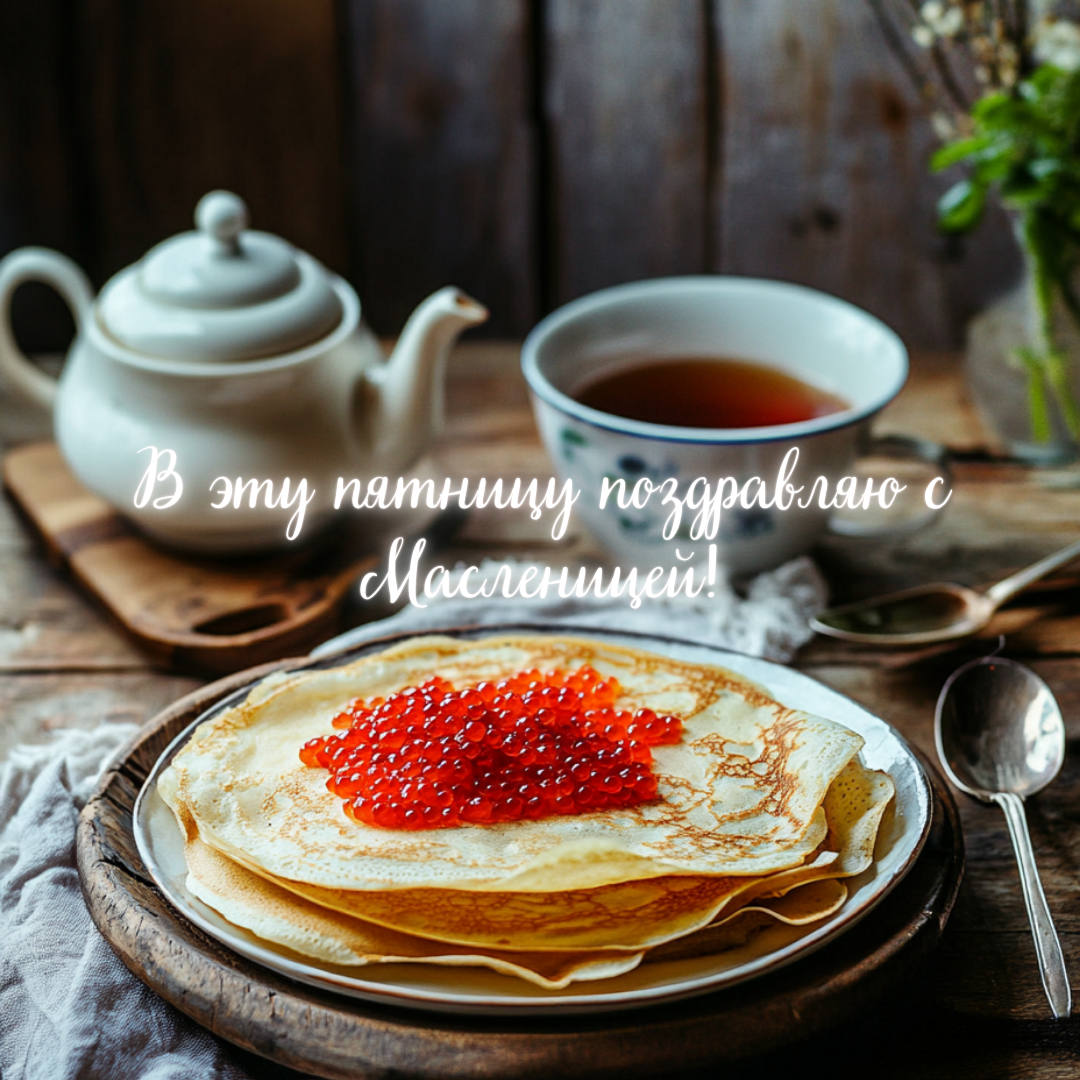
Переведено сервисом «Яндекс Переводчик»






